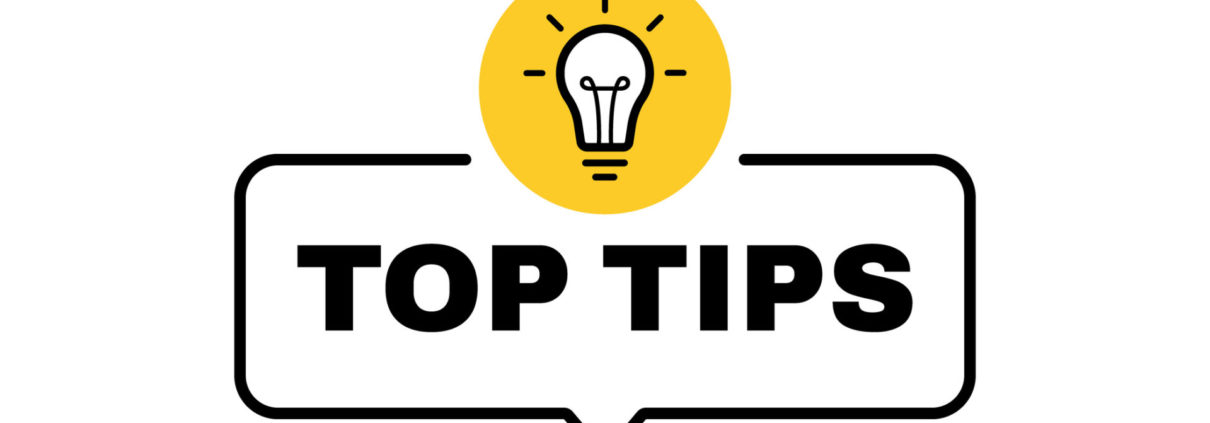Excluded Individual Creates Chaos for A Pharmacy IF Not Caught Right Away!
PAAS National®’s Fraud, Waste and Abuse & HIPAA Compliance Program monitors the Office of the Inspector General (OIG) and General Services Administration (GSA) lists daily for our members, even though the requirement is monthly. The program allows members to print exclusion list checks and stores this documentation electronically. PBMs will often request this proof of exclusion checks during an audit. PAAS Audit Assistance members can see our September 2021 Newsline article, OIG and GSA Exclusion Checking – Are You Compliant?.
Recently PAAS identified an excluded individual as an exact match through our proprietary exclusion checking offered by the Fraud, Waste & Abuse and HIPAA Compliance Program. The Pharmacist-in-Charge was called immediately. PAAS’s quick actions prevented this excluded individual from working in the pharmacy, saving the owner a lot of headaches – fines and additional repercussions.
- What is an excluded individual?
- An excluded individual has been identified by the OIG and/or the GSA as a person who is not allowed to be involved with any acts or services that are associated with Federal healthcare payments (Medicare or Medicaid). This includes ordering, prescribing, fulfilling orders, or providing services.
- What causes an individual to become excluded?
- Conviction of a crime related to federal healthcare programs, patient abuse or neglect, felony conviction related to controlled substances, participating in other healthcare fraud, defaulting on health education loan, or other reasons.
- See more information on the OIG website
- What are the consequences of hiring an excluded individual?
- Hiring an excluded individual is a direct violation of Medicare Part D contracts
- Items or services involving an excluded individual in any way cannot receive reimbursement from Medicare or Medicaid.
- The pharmacy may be required to pay up to $10,000 each claim that the excluded individual was involved in as well as up to three times the damages incurred from these claims.
- A pharmacy owner and pharmacist employee recently agreed to pay $250,000 to resolve False Claims Act liability related to employing an excluded individual
PAAS Tips:
- The pharmacy Compliance Officer should screen every individual for OIG and GSA exclusions prior to hire, monthly thereafter, or in accordance with state laws. This includes:
- Delivery drivers, see September 2021 Newsline article, Why Should Your Pharmacy Keep the “Employees” Tab updated in the PAAS Portal?
- All interns and job shadows, see January 2021 Newsline article, FWA and HIPAA Compliance with Job Shadows and Interns
- These exclusion list searches should be documented and retained for 10 years.
- Enter the hired person’s name into the exclusion review system exactly as it appears on their state or federally issued form of identification in order to ensure integrity of the check
- Keep in mind, excluding individuals often try to hide their identity by changing their name or using a different name – don’t take a chance.












